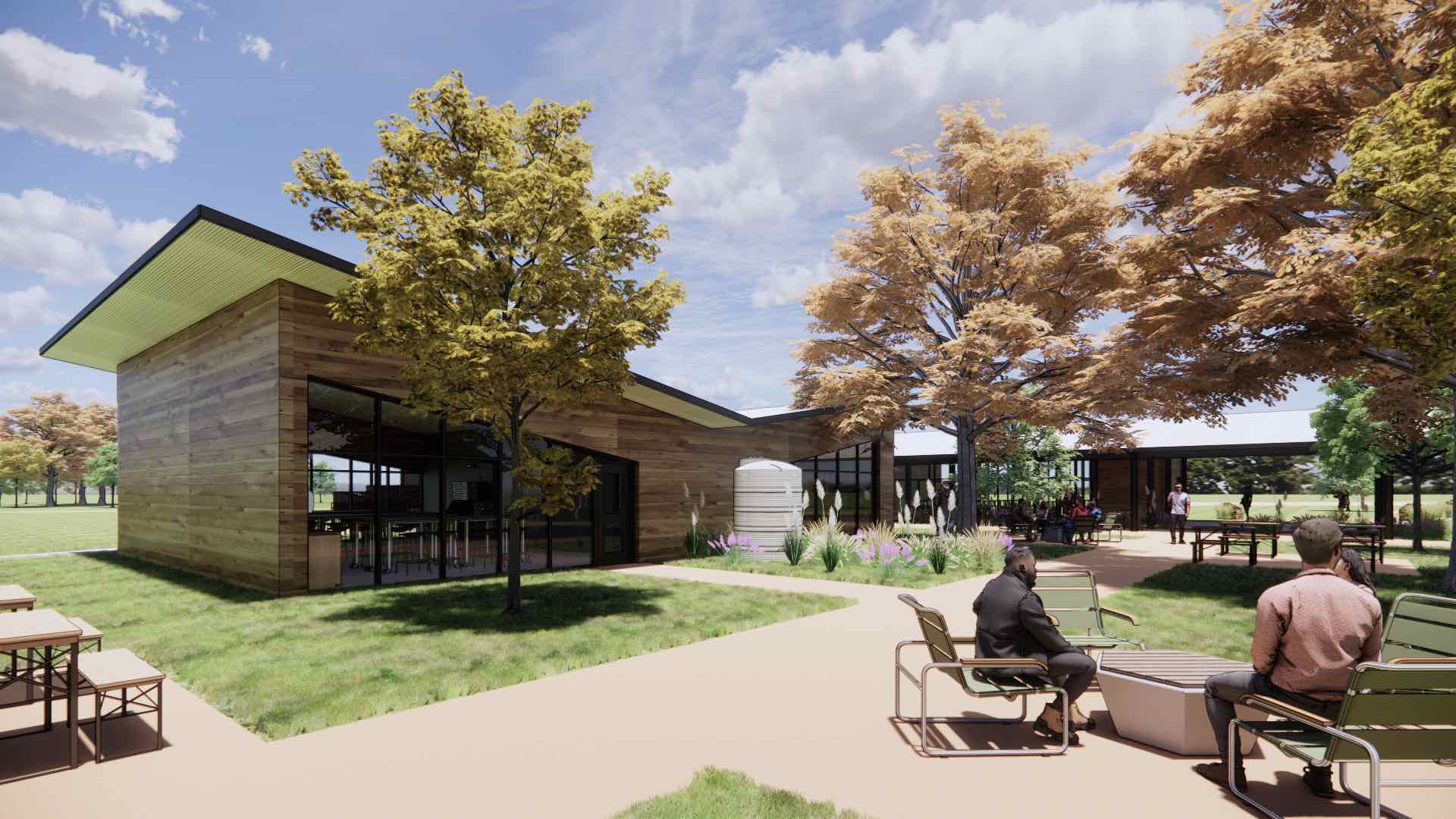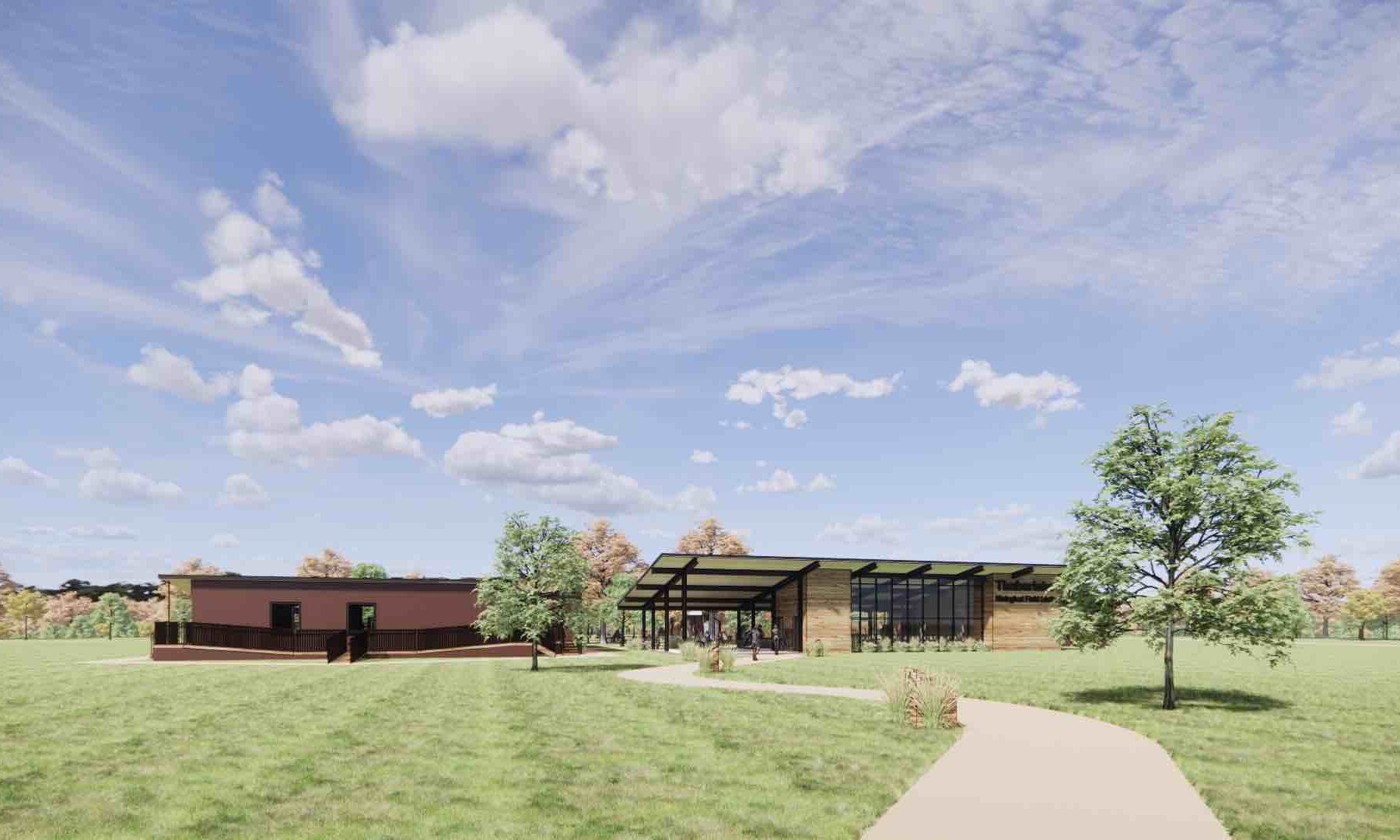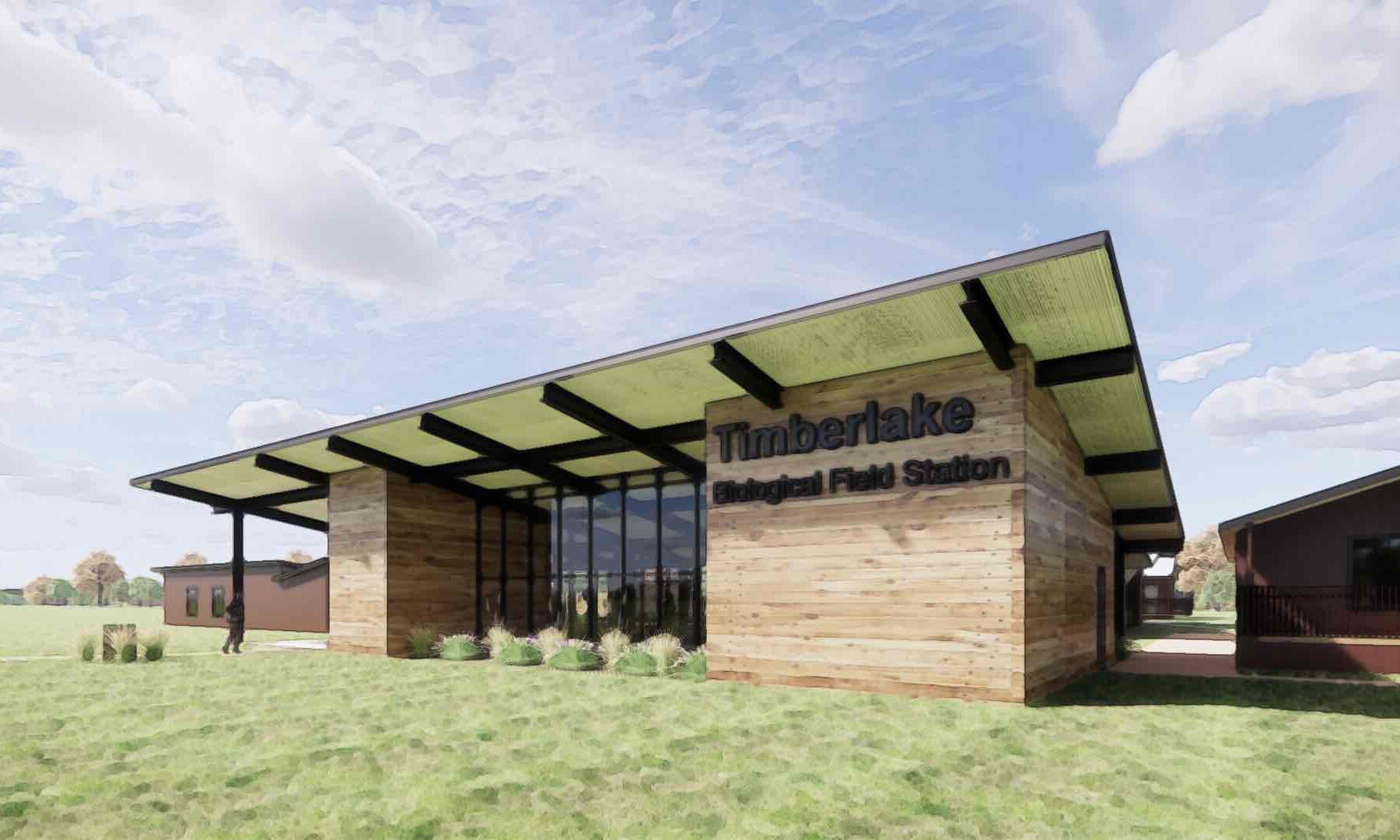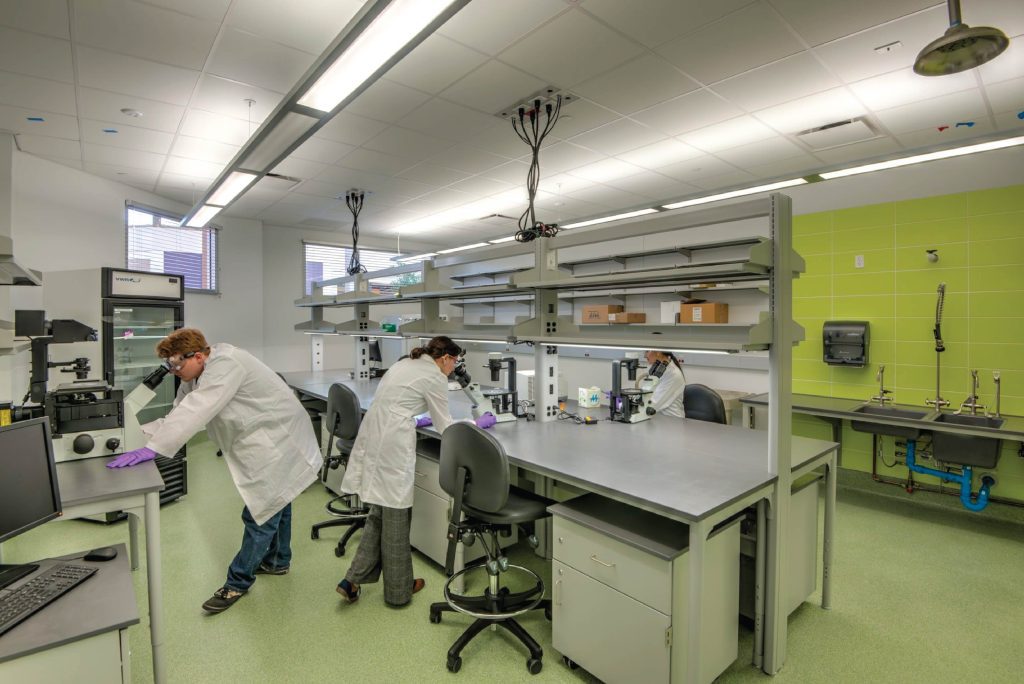The property currently hosts six long-term research projects, each contributing significantly to the understanding and preservation of local ecosystems and species.
Bottomland Restoration Project to restore bottomland forests, crucial for their biological productivity, along rivers and streams.
Grassland Restoration Project to rehabilitate and maintain the native grasslands within the property, enhancing biodiversity and ecosystem health.
Grazing Experiment to investigate the impact of different grazing regimes on the ecosystem. By comparing plots with varied levels of grazing access for cattle and deer, researchers will try to understand how grazing affects plant diversity, soil health, and overall ecological balance.
The Monarch Butterfly Project creates and sustains habitats in the migratory pathway of the monarch butterfly to support breeding and migration.
Texas Horned Lizard Project studies the decline in population and will try to understand the habitat requirements and threats to the species.
Texas Pimpleback Project involves detailed habitat surveys and population monitoring in the waters near the field station for this threatened freshwater mussel species.
In addition to these projects, the University also offers its FIELDS program (Field-based Interactive Experiences for Learning Disciplines in Science). This program enhances science and STEM education by providing field-based interactive learning experiences for students by training undergraduate science majors to lead authentic learning experiences for students in grades 4, 5, 6, and 9 to promote interest in STEM fields.
Pfluger’s master plan includes the design of wet and dry labs, classrooms, bunkhouses, community buildings, dining facilities, and a conference center. Aligning with the University’s sustainability goals to reduce its environmental footprint, Pfluger and MEP partner JonesDBR devised a phased strategy to eventually power the station entirely with solar energy. They also developed a water recapture plan to minimize intrusion on the area’s natural resources.

 Chris Lammers
Chris Lammers







